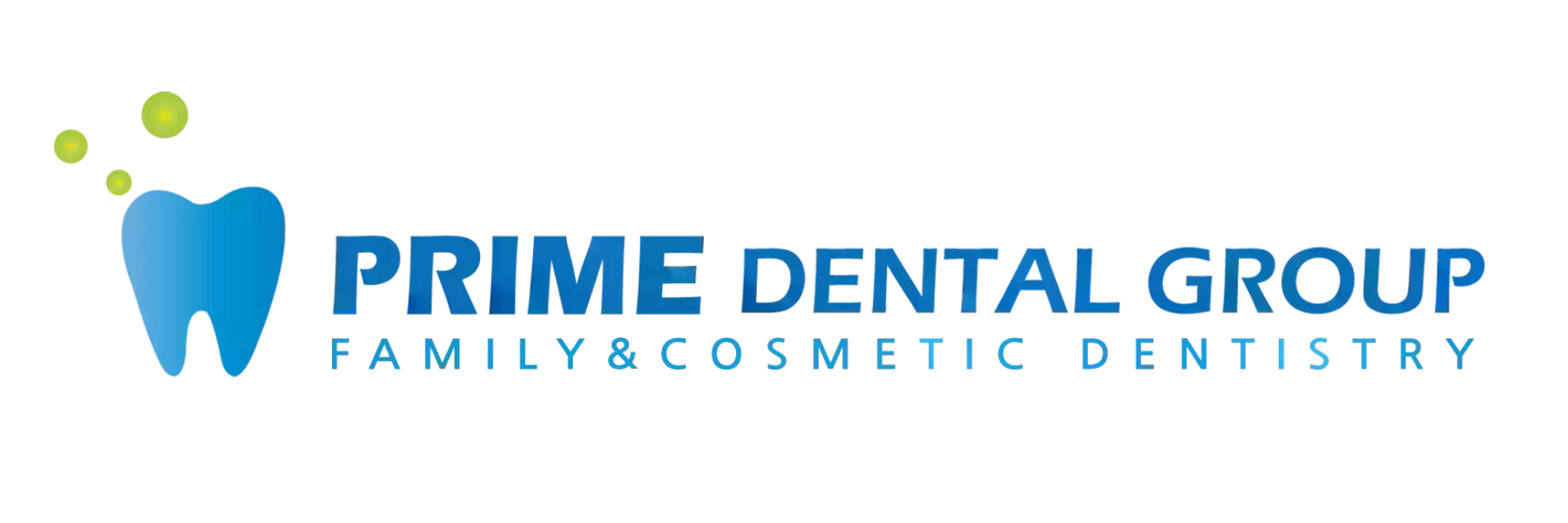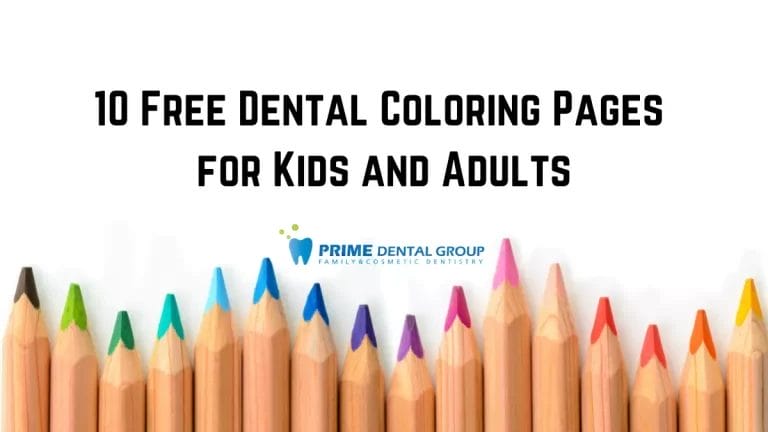7 Signs of Gingivitis: Symptoms and Treatments
Have you ever woken up with a mouth full of gum discomfort? Some people wake up with a sore or painful gum and can’t figure out why. Gum discomfort is frequently signs of Gingivitis, resulting in bleeding and swelling of the gums if left untreated.
In this post, we’ll discuss what Gingivitis is and how to treat it. Gingivitis is a disease that causes inflamed and red gums. Pain or bleeding may also occur at times. If you think you have those symptoms, check the article below!
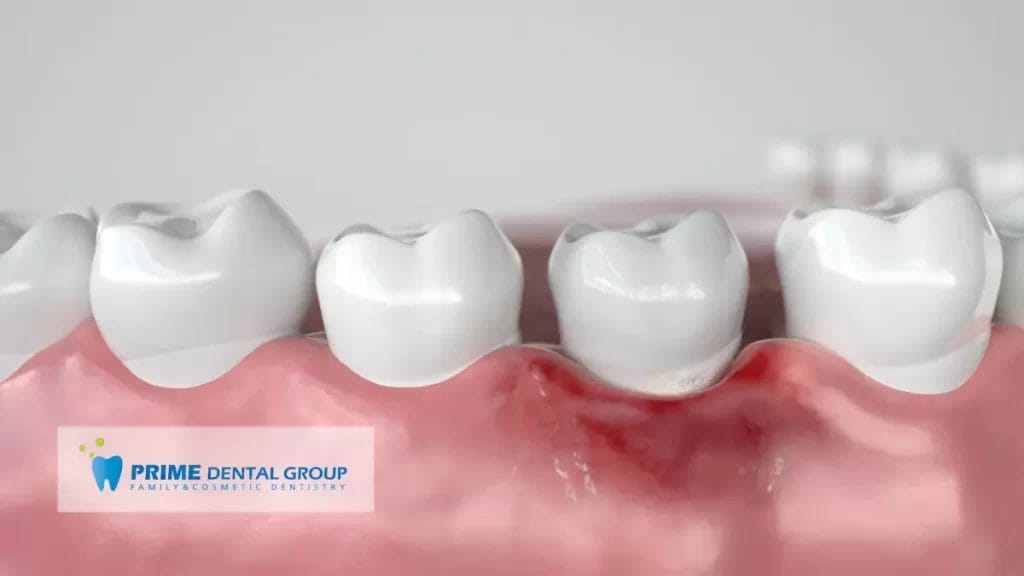
What causes swollen gums?
There are several causes of gums become swollen. The most common cause is Gingivitis, which means that it has inflammation in your gums. This may be caused by plaque around the teeth or tartar build-up on the teeth and gums.
Suppose you find that your gums have started to swell overnight. In that case, you need to schedule an appointment at least with the dentist as soon as possible for a proper checkup and diagnosis before it gets worse.
Also, swollen gums can happen due to other reasons. For example, mouth injury or gum infection known as periodontal abscesses if left untreated long enough. It’s also important not to ignore this symptom because it could mean something happens within our bodies.
What is the Symptoms of Gingivitis?
Many people do not realize that they have Gingivitis if it does not cause pain. Gingivitis is also highly prevalent, affecting up to 75% of all Americans during their lifetime. That is why it is critical to see your dentist and hygienist regularly for cleanings and examinations.
Contrary to the individual with Gingivitis, healthy teeth should be firm, pale pink, and fit tightly around their teeth. 7 Signs of Gingivitis are:
- Swollen, Puffy Gums with Redness
- Gum bleeding, especially when you floss or brush
- Constant Soreness around gums
- Tooth pain or sensitivity
- Halitosis (Bad breath)
- Receding gums
- Tender gums
If your Gingivitis worsens, you might feel that your teeth are loose or do not fit together when you bite. In this case, possibly, you might have advanced gum disease, known as periodontitis.
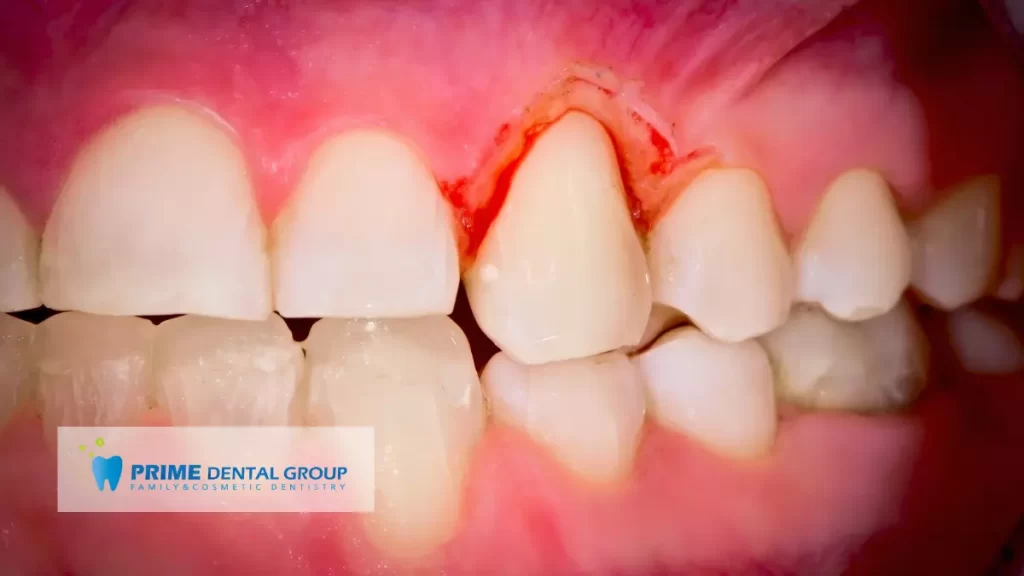
What is the fastest way to treat Gingivitis?
If you have Gingivitis, we understand that you might be worried about what to do about it. Gingivitis is a disease that can be fixed and prevented, but you need to act quickly. The best way gingivitis treatment begins is by getting cleaned up at the dentist or dental hygienist. Also, you need to keep doing your oral hygiene routine and going to the dentist every six months.
The goal of gingivitis treatment and prevention is to remove as much plaque from your teeth and gums as possible. Gingivitis, like any other illness, may be prevented by detecting it soon after onset. If your teeth bleed while brushing and you have swollen puffy gums, it is recommended to meet your family dentist.
The dental professional will scrape away plaque from your teeth using special instruments like ultrasonic scalers and hand scalers. After that, they may place some antimicrobial mouthwashes for gums in your gums so it can kill bacteria right away. Also, suppose there is an infection around the gums. In that case, it needs to be drained immediately with a needle or through surgery.
If Gingivitis is left untreated for more extended periods, it could become a periodontal disease requiring more involved treatments. For example, deep cleanings, gingival grafts, and surgery.
What is the best way to prevent Gingivitis?
You do not need fancy tools to keep gum disease away. You just need to take of your oral health every day. I understand that sounds boring, but it is the best way to keep your healthy gums. So before anything else, you should focus on primary and regular home care.
- Floss your teeth at least once a day. Before you brush your teeth, floss the teeth. Flossing will clean away food and bacteria.
- Brush your teeth twice a day, every day. In the morning and before bed.
- Use a mouthwash that does not have alcohol in it every day.
- Visit your dentist or dental hygienist every 6 months. However, if you have a lot of risk factors for periodontitis, then you may need professional teeth cleaning by a dental hygienist more often.
- Maintaining your health is important for keeping your teeth healthy. Eating healthy foods and managing your diabetes can help you keep up with dental care, too.
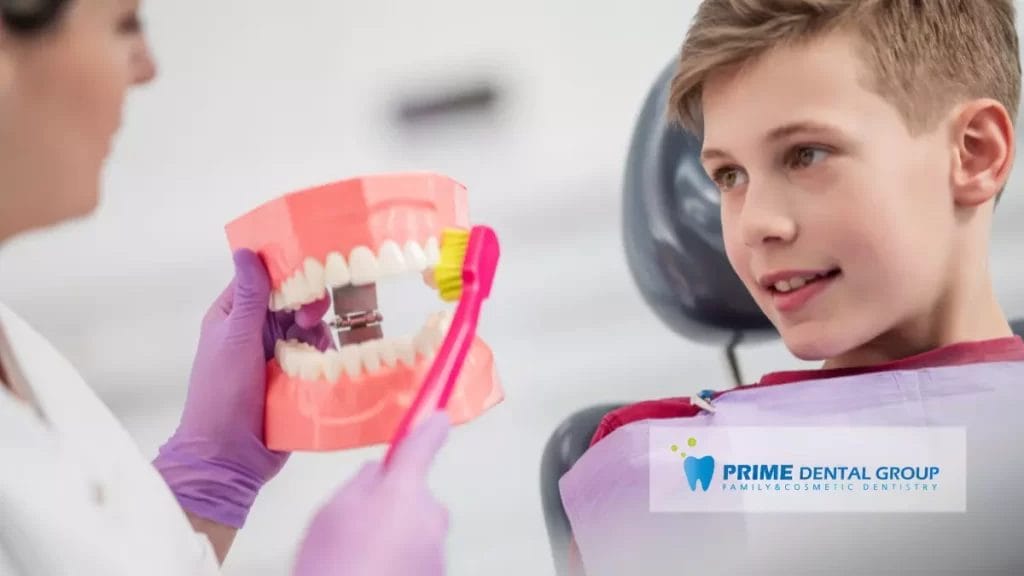
If you feel discomfort on the gums or symptoms of Gingivitis, contact your family’s dentist in Bellevue and Lynnwood to control your dental health. To make an appointment, call us at Bellevue Prime Dental (425) 605-3575 or Lynnwood Prime Dental (425) 251-0707 today.
